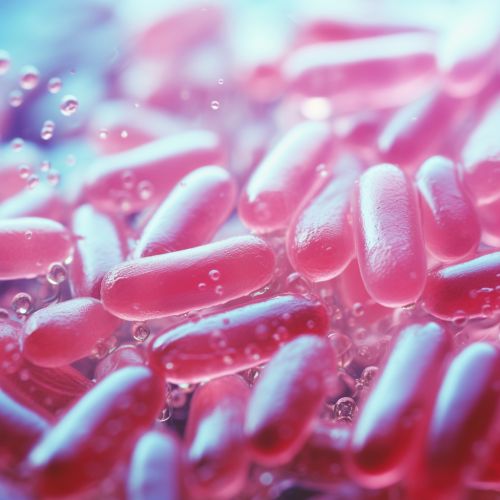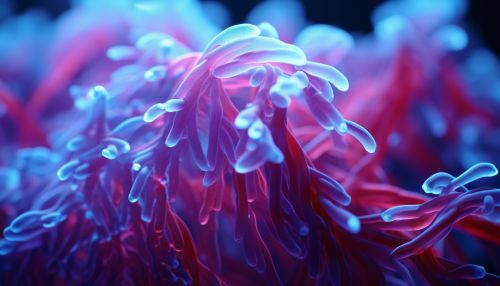Escherichia coli
Introduction
Escherichia coli, commonly known as E. coli, is a type of bacteria that normally lives in the intestines of people and animals. However, some types of E. coli, particularly E. coli O157:H7, can cause intestinal infection. E. coli bacteria are essential parts of a healthy human intestinal tract. However, these bacteria can also cause serious food poisoning and are a major cause of product recalls due to food contamination.
Classification and Characteristics
E. coli is a Gram-negative, rod-shaped bacterium that is commonly found in the lower intestine of warm-blooded organisms (endotherms). The majority of E. coli strains are harmless, but some can cause serious food poisoning in their hosts. The harmless strains are part of the normal flora of the gut, and can benefit their hosts by producing vitamin K2, and by preventing the establishment of pathogenic bacteria within the intestine.


Pathogenic E. coli
Certain strains of E. coli, such as Shiga toxin-producing E. coli (STEC), including the serotype O157:H7, and E. coli O104:H4, can cause serious food poisoning. These pathogenic E. coli strains lead to a gastrointestinal infection that can range from mild to severe bloody diarrhea. In some cases, particularly in children under 5 years of age and the elderly, the infection can also cause a complication called hemolytic uremic syndrome (HUS), which can lead to kidney failure and death.
Transmission
E. coli can be transmitted through contaminated water or food, or through contact with animals or persons. E. coli bacteria can get onto hands, objects, and surfaces and can spread rapidly in families, hospitals, nursing homes, schools, and child care centers. The bacteria can also be transmitted through the consumption of food contaminated with E. coli, such as undercooked or raw ground meat products, raw milk, and contaminated raw vegetables and sprouts.
Prevention and Control
Prevention of E. coli infection involves proper food preparation and good hygiene practices. This includes thoroughly cooking meat, washing fruits and vegetables before eating or cooking them, and avoiding unpasteurized milk and juices. It also involves washing hands thoroughly after using the bathroom or changing diapers, before preparing or eating food, and after contact with animals or their environments.
Treatment
Treatment for E. coli infection typically involves supportive care, including hydration and control of fever. In most cases, antibiotics are not recommended for E. coli O157:H7 infections, as they may increase the risk of HUS. Antidiarrheal agents may also increase the risk of HUS and are also not recommended.
